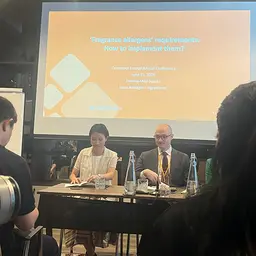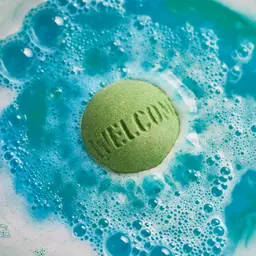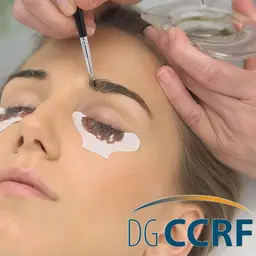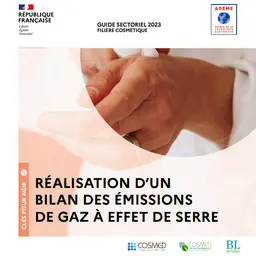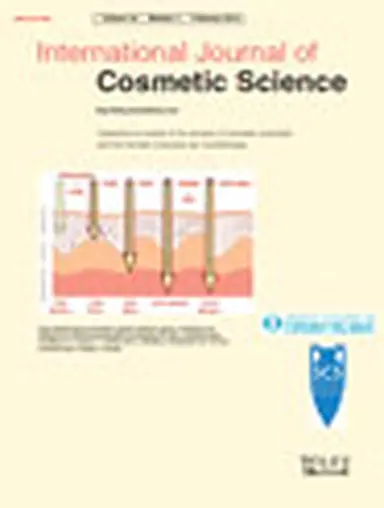
This study published in the International Journal of Cosmetic Science describes a novel bioassay, with fast development and inexpensive, alternative to animal models, to predict mascara's ocular irritation.
Abstract
Objective
Mascara is a mild irritant that causes a range of medical problems. Animal models to predict ocular irritation have, however, been questioned at a number of levels, and there is a continued need to develop
in vitro
testing methods.
Methods
We assess changes in an easily quantifiable attribute, ciliated protozoan growth rate, as a sensitive, sublethal measure. Specifically, we test six, randomly chosen, commercial mascara products against a control (as treatments) and reveal through ANOVA (
n
= 6,
α
= 0.05) significant differences in the specific growth rate to treatments (for both protozoa).
Results
We provide evidence that two easily cultured protozoa (
Paramecium caudatum
,
Blepharisma japonicum
) should be considered as models to assess ocular irritancy (and possibly cosmetics in general) and establish the groundwork for such studies to be applied at a more commercial level. We do this by developing a bioassay for mascara toxicity and indicate the low cost (after equipment is purchased, on the order of $100s) and the ease of performing such tests (able to be conducted by undergraduate students), as a consideration for their future commercial application. We first examined dose dependence of responses, revealing that there was a need …





